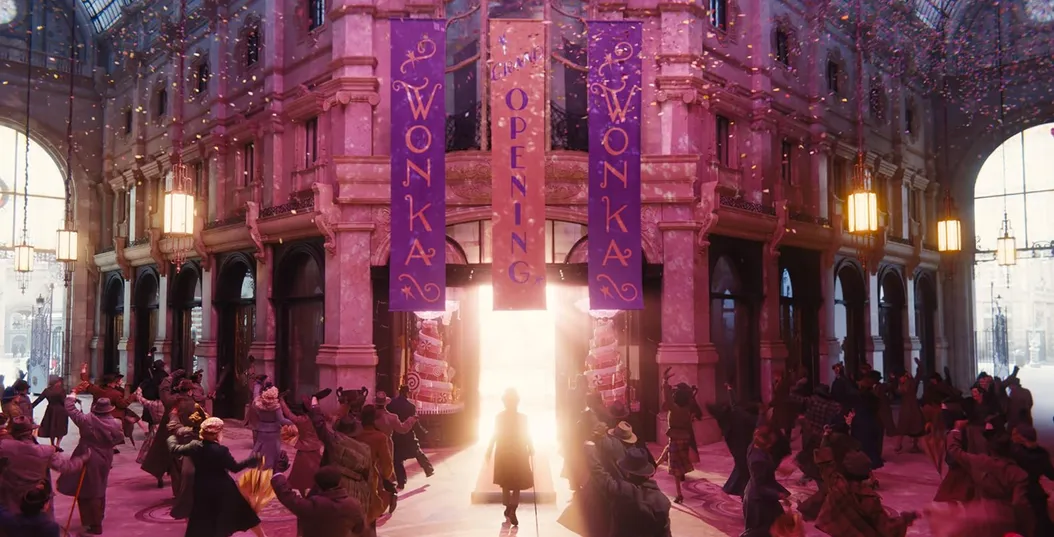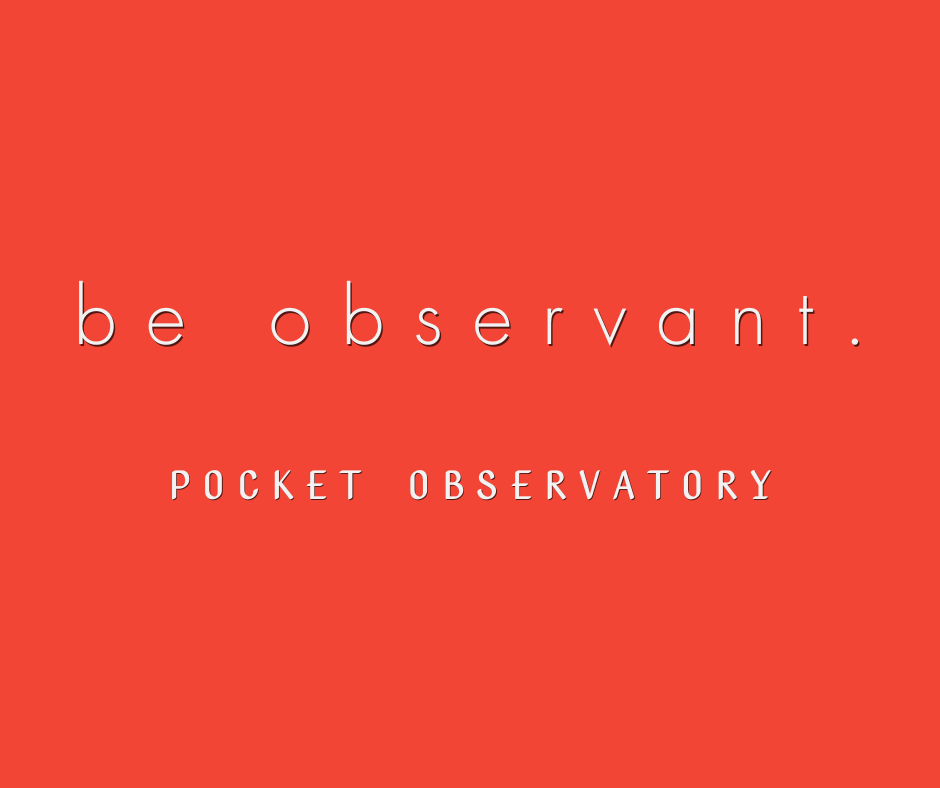I was deeply skeptical about Wonka, the Willy Wonka prequel directed by Paul King and starring Timothée Chalamet. I loathe prequels. I have been agnostic on the subject of Chalamet’s charisma. (Although, as I said on IG yesterday, I do kinda get it now. In a way that points to my own…um…issues?)

I think King’s Paddington movies are enchanting. They are deeply compassionate films with themes of family reunification, prison abolition, and community organizing. The source material’s gracious framework can support King’s vision, even as he moves beyond some of the original’s limitations. This makes his version of the marmalade-eating bear and the radically empathetic world he moves through feel true.
From the previews, it was apparent Wonka takes place in the same universe King built for his Paddington movies. The Willy Wonka source material is rotten with exclusion, retributive justice, and misanthropy. I wasn’t sure it could support King’s worldbuilding.
The original story, Charlie and the Chocolate Factory, is dark and cruel. Like its author, Roald Dahl, the book uses stereotypes and meanness to describe its world.
In Dahl’s version, the chocolate factory is a kind of industrial heaven where men keep the secrets of creation. A locked gate protects it because too many would-be Prometheuses have tried to steal its secrets.
Related Reading
A museum devoted to Roald Dahl, the best-selling British author, has condemned his antisemitic views and said his racism was “undeniable and indelible.” - Derrick Bryson Taylor, New York Times.
As isolated and capricious as any ancient god, Willy Wonka is a genius capitalist with a succession problem. Too many would-be Prometheuses have tried stealing his recipes. “Bad” children bring their trauma onto themselves and get locked out of the gates of heaven. “Good” children earn the keys to the kingdom.
Women seem to only exist in the story because children can’t exist without them. To be fair to Dahl, this is very much in keeping with the book’s themes.
I tend to like children’s stories that are dark and kind. The 1971 adaptation of Willy and the Chocolate Factory is closer to achieving that confection.
The story still depends heavily on stereotypes and meanness. The chocolate factory is still a gated locus of creation. Gene Wilder’s depiction of Wonka makes the character’s capacity for cruelty evident. But his portrayal of Wonka was deeply human, a sugar-exaggerated battle of cruelty and compassion waging within all of us. Wilder’s Wonka is trying, basically.
“Bad” children are still the source of their own trauma, but there’s some hope they’ll learn from it and become better children. Maybe they’ll get the keys to some other kingdom someday if they shape up. Which…I guess…is slightly better. But it's still awful. Women still mainly function as plot devices - having children in a story without mothers is hard.
When I settled in for a $7 matinee viewing of Wonka yesterday, I was prepared to be….underwhelmed. Instead, I was, if not enchanted, at least delighted. It is not really dark, but it is very kind. I liked watching King spin sugar into a compassionate Wonka and a world where the impacts of cruelty are not permanent. The carefully constructed details of King’s confection made my kids and I gasp in earnest, in unison, several times.
In King’s Wonka, Willy does not hide behind gates. Children do not have to be tested to prove their worth. Girls and the women they grow up to be have stories, too.
However, the limitations of the Wonka framework were apparent throughout the movie. There are points of Dahlian meanness, like a series of fatphobic jokes. Paddington would never.
Even in King’s Wonka, commercial chocolate production requires extraction from lands and people who’d rather keep their resources. What does that mean about the ethics of becoming a chocolatier? Well, that isn’t something the film can confront without exposing the story can’t be true. Roald Dahl’s framework has a different physics than the world King is trying to build, it cannot render King’s vision.
I don’t want to be too hard on the movie. It’s so pretty. And it made me tear up. Twice! My kids are desperate to see Wonka in theaters again. I think we’ll go back with the cousins over Christmas.
But I left the theater anxious to see the world King can build when he’s not limited by existing IP. The stories we tell frame our reality. I am ready for some new ones.
Come with me and you'll be
In a world of pure imagination
Take a look and you'll see
Into your imagination
We'll begin with a spin
Traveling in the world of my creation
What we'll see will defy
Explanation
If you want to view paradise
Simply look around and view it
Anything you want to, do it
Want to change the world?
There's nothing to it


